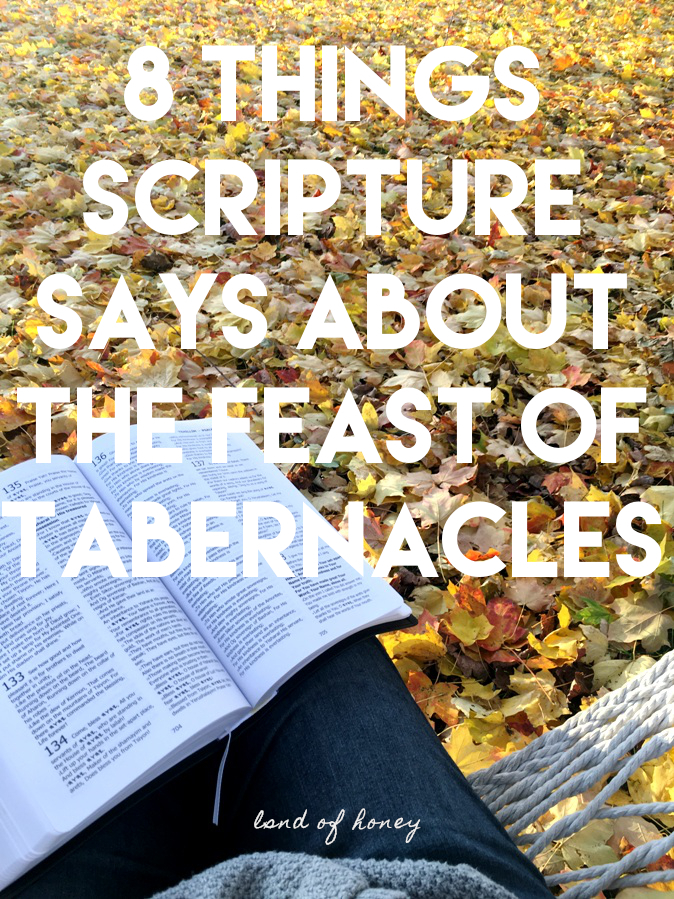Why should we be keeping the feasts?
-We are told to keep these set apart times forever (Exodus 12:14). Do we really need any reasons beyond this? Following Scripture's instructions is in our best interest, whether that necessarily makes sense to us or not. The word tells us to participate in these things, and that should be reason enough - especially when it's something joyful like celebrating a holiday!
-We see the Messiah celebrating these times in Scripture. Many significant events in the Messiah's life happened around the feasts. Yahusha hosted a Passover meal (also known as the last supper), he had much to say at the Feast of Tabernacles, and even expressly told his brothers to go the festival. He rose from the grave on First Fruits, and commanded his disciples to stick around for Shavuot. And he should be our example, right? We are supposed to live like he did, and he celebrated the feasts!
-The New Testament tells us to keep the feasts (1 Corinthians 5:8). Even after the Messiah was ascended into heaven we are told to keep these festivals. By the way, Paul was not just talking to Jewish people here. Corinthians was written to Greek believers, so he didn't just mean for only Jewish people or people living in the land of Israel to celebrate these times. This is a New Testament passage telling us to keep the feasts.
-Scripture tells us not to let anyone judge us for doing this (Colossians 2:16). Why does the Bible mention this if it doesn't expect us to take part in these things? In his all knowing, YHWH knew we would be facing some peer pressure to not keep the feasts. I think that's why in Colossians he reminded us to not let other's opinions make our decisions for us, and to encourage us to take part in these days even when it isn't popular or convenient. We are not to let someone else's opinion change our resolve to keep these special times with our Creator!
-We gain a better understanding of Scripture by participating in these holy times. This is the difference between just reading about something and doing it for yourself. We can share in the experiences of Scripture and better relate to what the Israelites and our Messiah went through. By taking part in the festivals of YHWH we learn more of the Messiah's life, and can grow in prophetic understanding of these times. These times are not pointless or cutesy, they are in Scripture for a reason and we would all benefit to learn more.
-These are times of joy! I don't know anyone who would mind being happier or who wouldn't benefit from a more joyful heart. This is an opportunity for that! Life can be stressful and painful. Schedules can be jam-packed with drudgery. Relationships can be strained or hurtful. Scripture offers us a remedy for those things...and it's participating in the Creator's holy days. Leviticus 23:40 says these are times for rejoicing. If you need more joy in your life here is your opportunity.


























